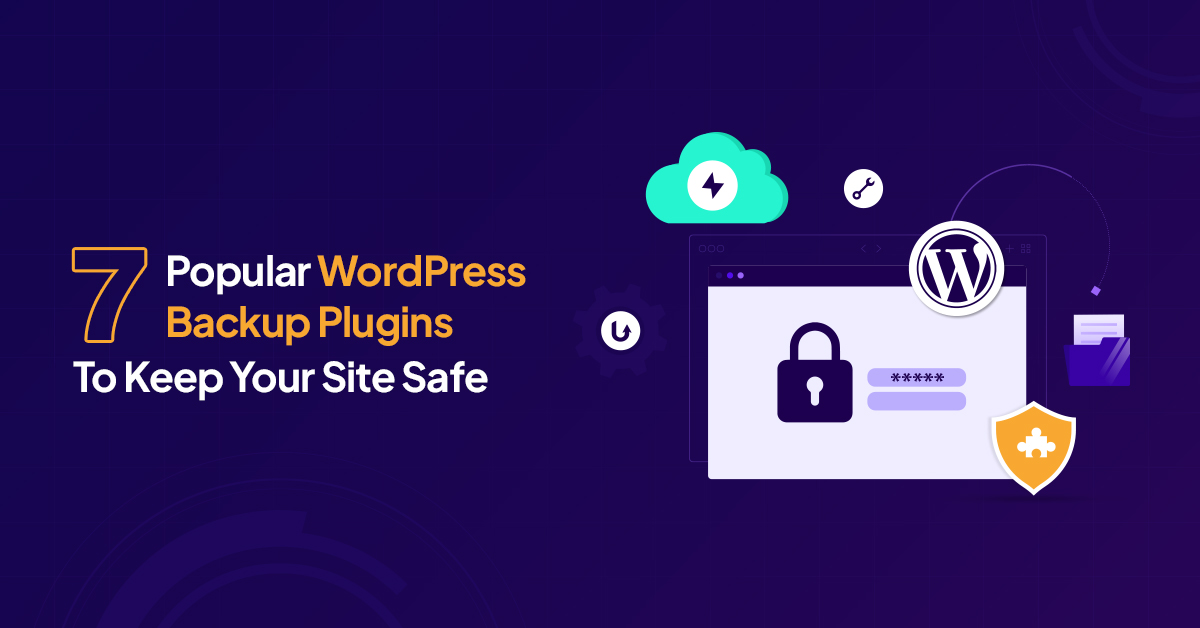
Now a days everyone is talking about ecommerce and it’s good to be take your business online to get the most out of it in sales and get in touch with your customer. But still there are some loopholes in e commerce needs to be understood before launching your website for the ecommerce business. Generally in a physical store, you can see your customers come and go. You can talk to them face to face and help them find what they are looking for. An online store is different. You do not see your customers or cannot make direct contact with them. You might not even know they visited your store.
However, this does not mean that there are no ways for online sellers to know their customers and serve them better. Analytics is designed in such a way through which you can get insights as to what is happening on your online store.
As a matter of fact, running your ecommerce store without analytics is just like driving a ship in sea without having the compass. You are basically completely unaware and how your website and customers are reacting to each other. However, with the right use of analytics, you can easily find out what you are selling on your website, who are your customers, from which location they are coming as well as their interests.
As a matter of fact, running your ecommerce store without analytics is just like driving a ship in sea without having the compass. You are basically completely unaware and how your website and customers are reacting to each other. However, with the right use of analytics, you can easily find out what you are selling on your website, who are your customers, from which location they are coming as well as their interests.
The basic dynamics of ecommerce:
Ecommerce sector has evolved speedily over the past few years. In early days, only cart/basket analysis has been used to generate the marketing recommendations. Now we can predict the marketing strategy and can build better algorithms based on advanced concepts like machine learning(AI) to ensures that customers are more valid to target customers.
➢ Special focus on graphics of the products and look & feel of information.
➢ E-wallets have become a core part of any ecommerce marketplace.
Why should bother about analytics?
Analytics is basically the information resulting from the systematic analysis of data and statistics. This means that for an ecommerce store and with using analytics, you can be able to get to know more about customers, products, and obviously your website.
Scenario: Consider you have an online store that sells T-Shirts. In order to attract consumers, you advertise on several platforms. Soon after, your website starts to get some traffic. Now you want to make this process efficient, by only focusing on those platforms from where you are getting bulk of your traffic. This is where analytics come into the picture.
The robust way of reporting:
Analytics can often become perplexing. For this reason, the dashboard of any ecommerce displays all the key reporting in a nice graphical manner. This has been done to ensure that admin gets a clear view of all the key aspects of the marketplace. Analytics display the report of visitors, sales etc. For a marketplace, these metrics are critical in ensuring sustained growth. The better analytics that you have, it becomes more easy to building better marketing strategies. Analytics provides the detailed view of each and every aspect of the business & helps to grow the business. Including sales, products, marketing, affiliates, visitors etc.

Visitors:
For a marketplace owner, number of visitors coming to website. It lets you analyze how popular is your website. When you are running a physical store, you can analyze its popularity by looking at the number of people coming to the store (footfall).

Traffic:
The key difference between a storefront and online marketplace is that the former gets mostly local visitors while latter can get a visitor from anywhere. The traffic report highlights all the sources and referrers including social media website as well as search terms. In addition to that, you can also find out the country from where the visitors are coming. This will certainly assist you in formulating a better digital marketing strategy.

Conversion Rate Optimization (CRO):
If a visitor comes to your store but goes out without buying anything, it becomes a worry for the business. As a business, you don’t just need visitors but also customers who actually buy things. In other words, you don’t just need traffic but CRO (Conversion Rate Optimization) as well. When same thing happens on an online marketplace, it becomes quite difficult to find out where you lose the customer. Analytics tool has those closely covered reports with its conversion report, where you get a detailed analysis of how many number of users added a product to cart, reached checkout, canceled or ended up making a purchase. This data in turn allows you to alter your strategy to ensure that you do not lose many visitors.

Conclusion:
As said ‘knowledge is power’; when you are running a business, data is your power. The analytics tool provides you with that power & enables you to make more informed decisions and produce the best possible results for your ecommerce store. So it becomes crucial each ecommerce platforms, should integrate analytics tool to monitor and they have the information regarding each visitors and their movements.





